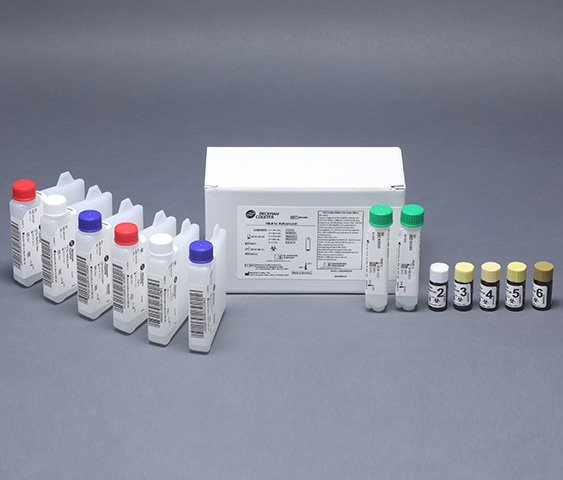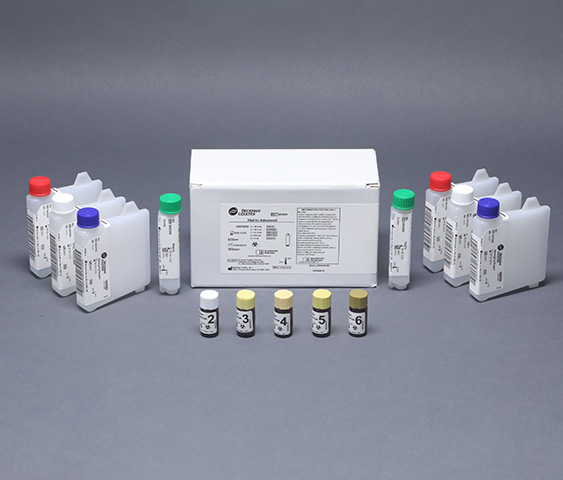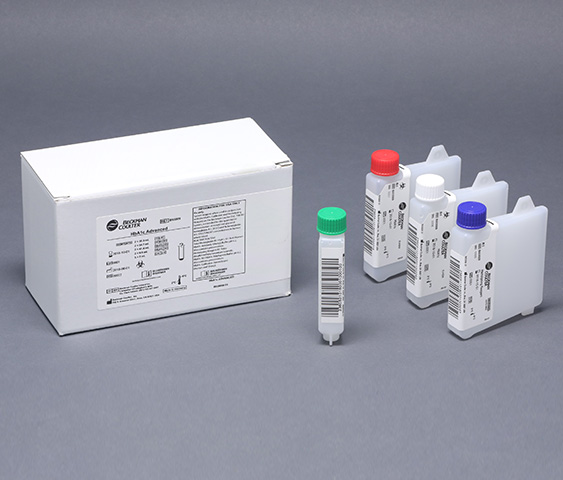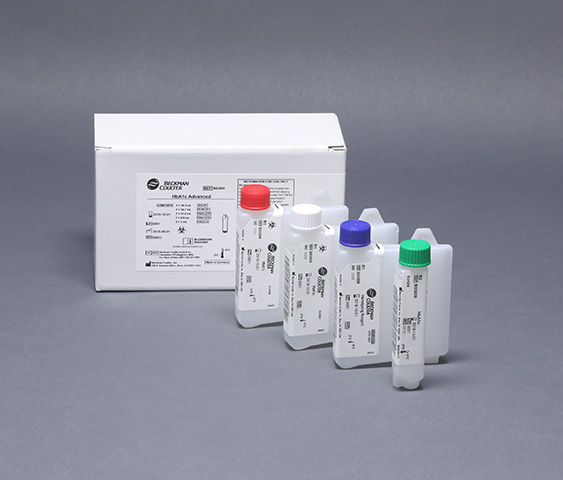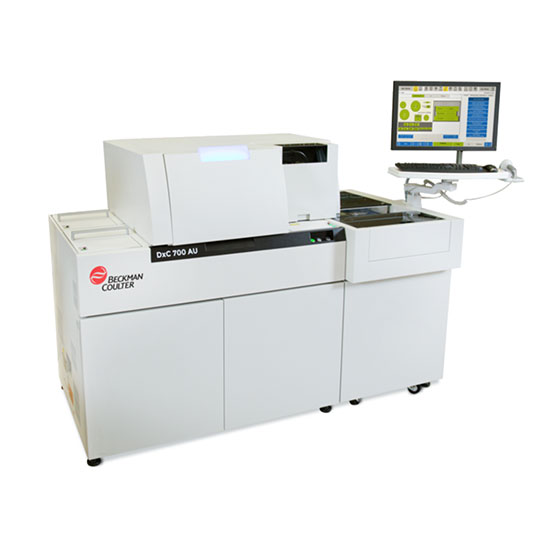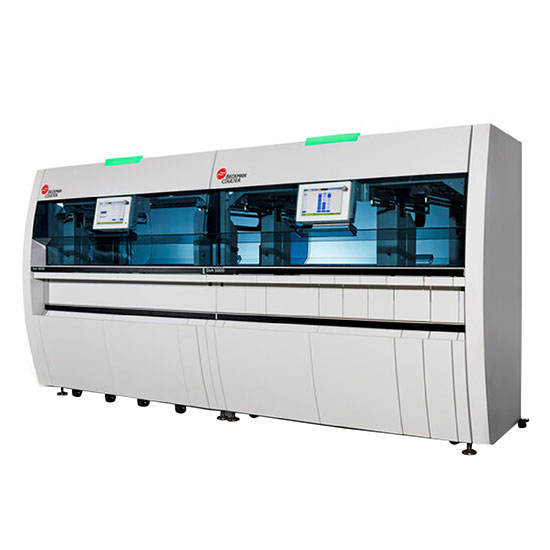Benefits of the HbA1c Advanced Hemoglobin Assay
Diabetes is on the rise worldwide. In 2019, there was an estimated 463 million adults, or 1 in 11 adults, diagnosed with diabetes, and that number is projected to rise.1 To address this critical population health concern, mid- to high-volume laboratories need a modern HbA1c clinical chemistry assay that is simple to install, operate and integrate with their existing testing workflows. With HbA1c Advanced, you can avoid the inconvenience and expense associated with additional dedicated HbA1c analyzers by opting for precision, efficiency, convenience and value.
HbA1c is the preferred clinical marker
HbA1c testing with a diagnostic threshold of ≥ 6.5% (≥ 48 mmoL/moL) HbA1c has been recommended for the diagnosis of Type 2 diabetes by the International Expert Committee (IEC)2, the American Diabetes Association (ADA)3, and the World Health Organization (WHO)4.

HbA1c Advanced delivers clinical precision
Provide precise, clinically relevant results for diagnosing and monitoring diabetes.
- Is National Glycohemoglobin Standardization Program-certified (NGSP) and Diabetes Control Complications Trial-standardized (DCCT)
- Improves reproducibility by eliminating operator-to-operator sample preparation variability through specific instrument and software design
Enhanced performance
Deliver valuable clinical insights, reliably, to support more accurate diagnosis and monitoring of suspected and confirmed diabetic patients.
- Clinically insignificant interference of common hemoglobin variants to reduce risk of missed or misdiagnosis
- Offers total assay precision of ≤2% CV for greater confidence in results
- Advanced pipetting technique to ensure homogeneous sample pickup and delivery
Greater efficiency
Improve the HbA1c turnaround time for your mid- to high-volume laboratory with fully automated whole-blood analysis.
- Fully automates whole-blood testing with no manual pre-treatment required
- Integrate whole blood testing with your routine and stat samples
Improved productivity
Streamline workflows and focus your laboratory on contributing to better patient care, not routine tasks and maintenance.
- Extends value of reagents with onboard kit stability of 30 days and calibration stability of 15 days
- Eliminates extra washings with targeted cleaning of cuvettes and probes
- Uses liquid, ready-to-use, all-inclusive reagent kits to reduce reagent management time and steps
 English
English

